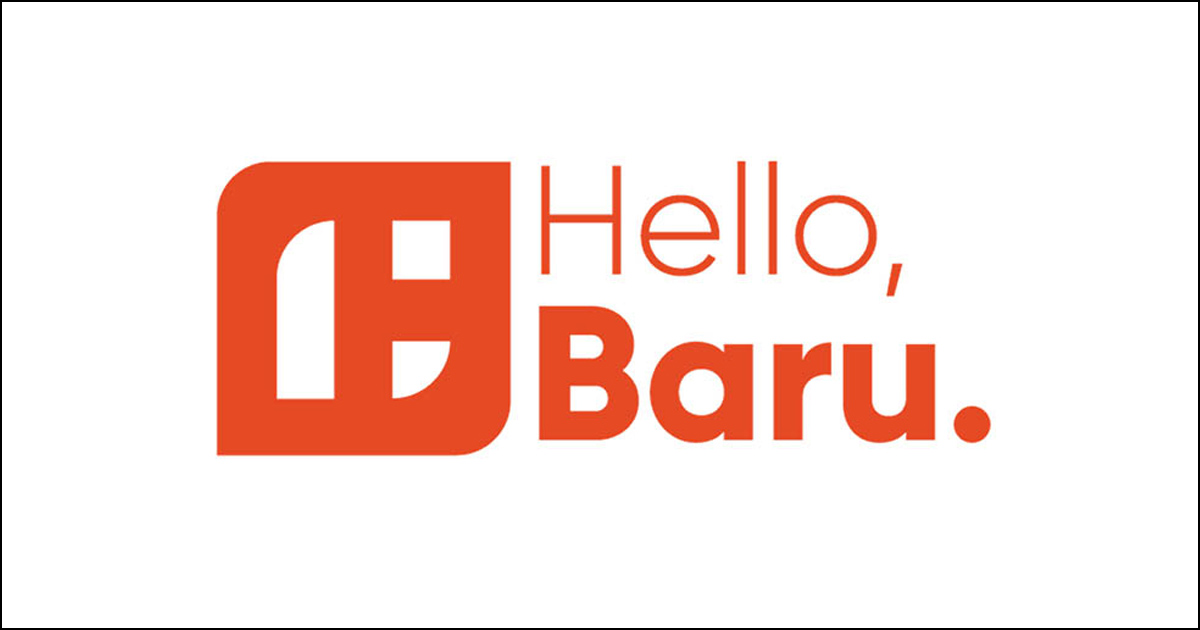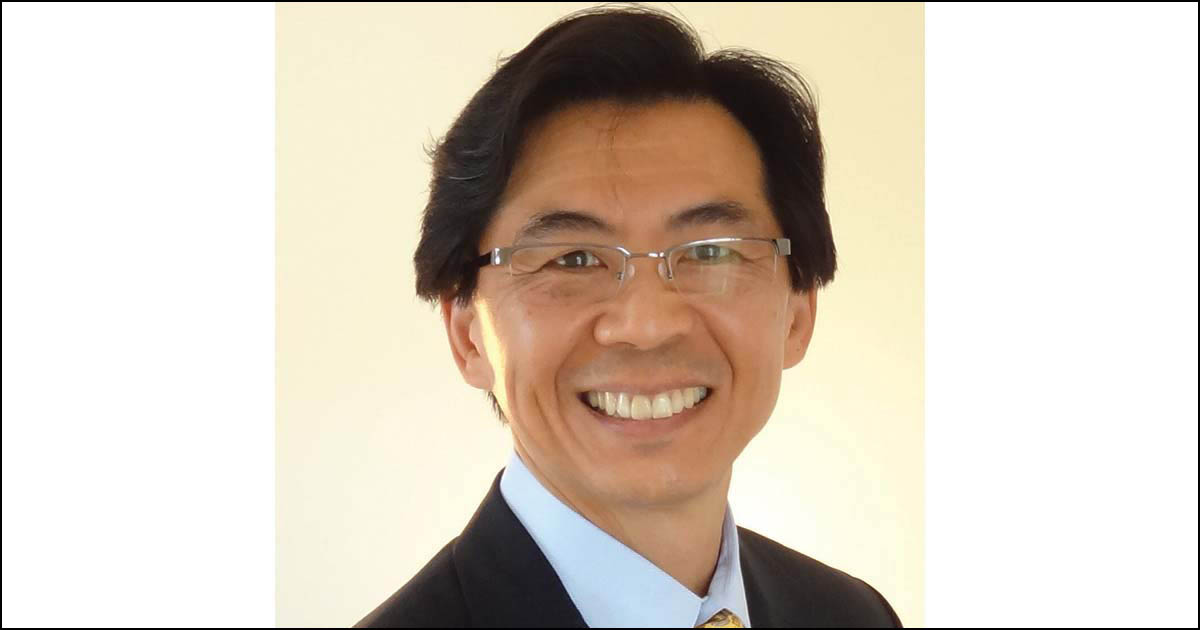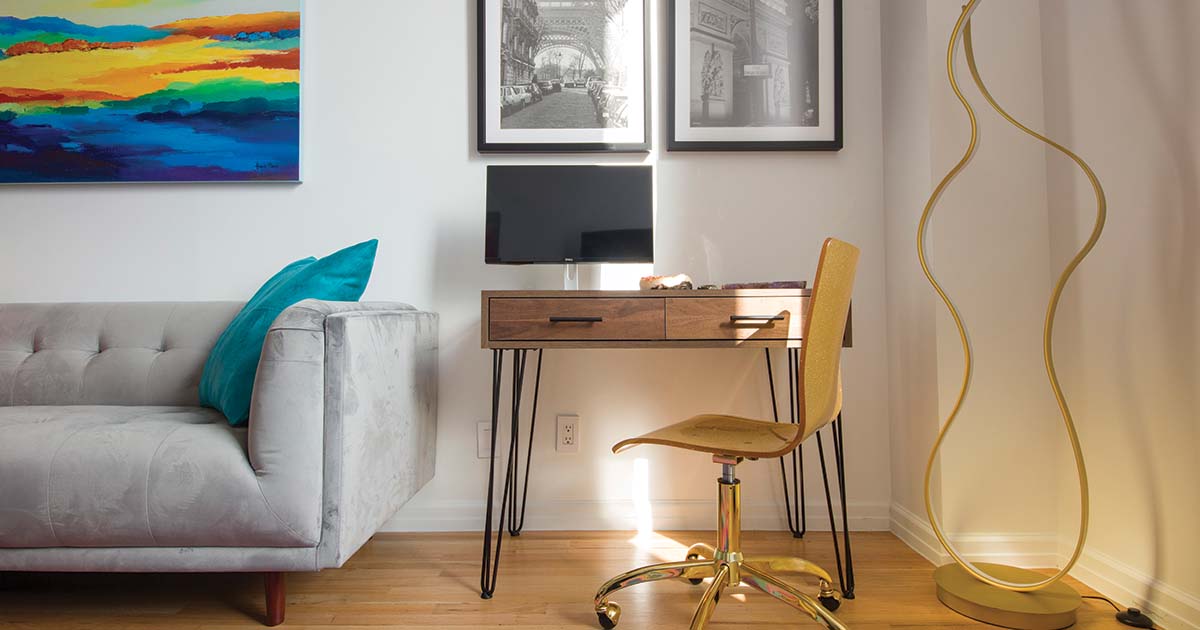Baru, Inc.

Last Updated: By TRUiC Team
Baru, Inc. is a startup that aims to provide a sustainable solution to underused manufacturing robotics by utilizing them to create a personalized product manufacturing experience.
Interview With Tino Go
Describe your product or service:
“Baru leverages tech and ecommerce to build a ‘network platform for underused manufacturing robotics’ for personalized product manufacturing. Baru operates like ‘Uber for production,’ a market-maker in the manufacturing space.”
With the help of patent-pending methods and digital process technology, Baru takes the models that the customer can modify online or [by] using augmented reality into digital production instructions for manufacturing.
Baru’s first product segment is furniture made within a short distance from the delivery location — directly cutting up to $9 billion of waste and CO2 emissions from the supply chain. Baru supports local businesses and helps to create good jobs in our hometowns while giving customers the products they want.
Here's a short video showing how Baru solves global warming and other social problems with its sharing-economy platform for manufacturing.”
Describe your company values and mission:
“Baru is committed to increas[ing] the efficiency and operations of supply chains to eliminate waste while producing better outcomes for customers.”
How are you funded? I.e. venture capital, angel investors, etc.
“Angel investors for $267,000 [and] founder investments $190,000.”
How big is your team? Tell us a little about them (I.e. co-founders, freelancers, etc.)
“One full-time, six part-time.”
Did you always want to start your own business? What made you want to become an entrepreneur?
“I've started and been successful with many businesses including intrapreneurial initiatives at various employers.”
How did you come up with your startup idea? How did you decide to actually act on the idea? What gave you confidence that you were on the right track?
“I wanted to get a bookcase made and discovered that it's a "medieval, long, and expensive process" to find a manufacturer and to commission to get one made. With the proliferation of digital manufacturing automation, that should not be the case.
I have a professional background managing operations, logistics, and corporate finance. I have overseen manufacturers and other companies with revenues as small as $12 million and as large as $1.2 billion. I know how to translate operating efficiency gains into better financial results.
Global mass production supply chains in the furniture industry waste half of the industry's revenues (on inventory management, overhead, and transportation costs).
I founded Baru based on the insights of creating a new operating model with underused manufacturing robotics in a distributed marketplace platform. Baru is operating in over 20 regions of the United States. I understand how this will replicate worldwide and how our financial results will evolve as Baru scales.”
How did you come up with your company name? Did you have other names you considered?
“Baru (hellobaru.com) means "new" in my native language (Indonesian). Baru is a "new" consumer-to-manufacturer (C2M) category to leverage digital manufacturing process.
Baru was the outcome of a month-long vetting process. It's trademarkable. It's short, easy, and fun to say. It's pronounced identically by 95% of people I tested it with (bah-roo), so it can be easily spoken about as people find out about Baru.”
Feeling inspired? Learn how to launch your company with our guide on how to start a startup.
What is the greatest challenge you faced in starting your business, and how did you overcome it?
“Baru actually substitutes for the entire industry retail vertical (sales generation to manufacturing and fulfillment).
Recruiting and keeping my team members (without cash compensation) over the past three years as we developed our business has been a challenge.
However, my co-founding team members believe in what Baru is building. They see how it helps the world. They also see how it can become a globe-changing business and paradigm changer.”
Who is your product or service made for? Who is your target market?
“Business buyers who need to furnish commercial spaces with customized wood products (e.g., retail stores) and small multi-family developments.
Consumers who want an easy way to purchase furnishings in the perfectly sized, color, and material for their homes and offices (kitchen & bathroom cabinets, desks, other wood furniture).”
What's your marketing strategy?
“Baru will have a direct B2B sales effort for kitchen and bathroom furnishings, leverage its existing affiliate relationships with Google and other corporations, and direct-to-consumer through SEO and paid social media.
Baru has 11 more months of sponsored content syndication. Baru's first article reached 162 thousand readers nationwide with an Ad Equivalency Value of $1.95 million.”
How did you acquire your first 100 customers?
“Customers found Baru searching on Google or through their employer’s benefits program.”
What are the key customer metrics / unit economics / KPIs you pay attention to to monitor the health of your business?
“Revenues, traffic conversion rates, profit margins, and regional sales frequency.”
What's your favorite book on entrepreneurship?
“‘Zero to One,’ ‘Built to Last,’ ‘Work Rules!,’ ‘Lean Startup,’ ‘The Innovator's Dilemma,’ ‘The Messy Middle,’ ‘Platform Revolution,’ ‘Crossing the Chasm,’ and others.”
What is your favorite startup or business podcast?
“‘The Economist,’ ‘The Jim Rutt Show,’ ‘Masters of Scale,’ ‘The Tim Ferriss Show,’ ‘The Full Ratchet,’ ‘HBR Ideacast,’ ‘McKinsey’ podcasts, [and] others.”
What is something that surprised you about entrepreneurship?
“How long it has taken to get investors to believe that Baru's business model will be successful.”
How do you achieve work/life balance as a founder?
“Meditation.”
How do you stay motivated?
“I'm an adherent to the lessons learned from the Stockdale Paradox. Stockdale explained this idea as the following: “You must never confuse faith that you will prevail in the end — which you can never afford to lose — with the discipline to confront the most brutal facts of your current reality, whatever they might be.”
In the simplest explanation of this paradox, it’s the idea of hoping for the best, but acknowledging and preparing for the worst.”
Did you have to develop any habits that helped lead you to success? If so, what are they?
“Reducing my living expenses to a bare minimum (food, shelter, internet service, phone).”
What are you most proud of as an entrepreneur?
“I've taken a number of businesses from zero to one over my working life. Baru is the one with the greatest venture scale potential.”
Recommended:
- Keep up with more startup companies by visiting our list of the top startups to watch.
- Hear startup stories from real founders on the Startup Savants podcast.
- Form your own startup by reading our review of the best online incorporation services.
Tell Us Your Startup Story
Are you a startup founder and want to share your entrepreneurial journey with our readers? Click below to contact us today!
More on Baru, Inc.

Insights From the Founder of Sustainable Startup Baru, Inc.
We were fortunate enough to hear some valuable insights during our interview with Tino Go, founder of sustainable startup Baru, Inc. that will inspire, motivate, and teach aspiring and established entrepreneurs alike.

5 Ways to Support Sustainable Startup Baru, Inc.
We have developed this list of five creative and impactful ways to support mental health tech startup Circles.


